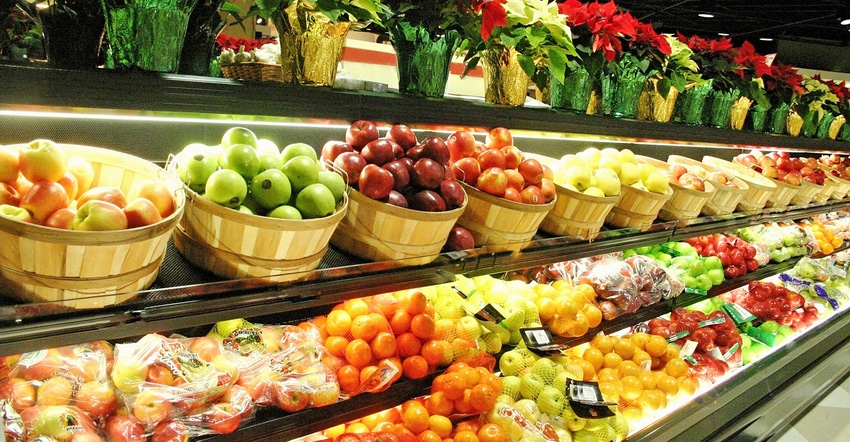November 13, 2019

Diverse agricultural producers are often affected by a range of rules that typical crop farmers never see. For example, the Washington State Department of Agriculture is alerting businesses that export plant products to the European Union about new rules that take effect Dec. 14.
The new rules require producers of a range of minimally processed products to get a phytosanitary certificate to be allowed to ship to that market.
According to WSDA, before plants and other raw and minimally processed plant products can enter EU member states, as well as Switzerland and Montenegro, shipments must be inspected and receive a phytosanitary certificate. Regulators will be enforcing the new rule, and WSDA notes that a shipment without a certificate will be rejected without recourse.
The new EU rules are meant to prevent the introduction of invasive plant insects and diseases. Regulations requiring the certificate were put in force in 2016, but implementation was delayed until December.
What’s covered?
The new rules affect a wide range of plant products. While some already require those certificates, many have not had the requirement to enter the EU market in the past. Here’s a list of products that will now require the certificate:
• fruits and vegetables (other than those preserved by deep freezing)
• cut flowers
• cut trees or branches retaining foliage
• grain or grain products
• hop bales, pellets and cones
• seeds
• other unprocessed or minimally processed plant products, including wool
In addition to these new certifications, 36 high-risk plant groups will be prohibited from entering the EU until USDA establishes additional certification standards for these products. Washington producers will note three that will impact their operations: plants related to apples, cherries and alder.
WSDA is the only entity in Washington authorized to provide the phytosanitary certificates for exports, and it expects high demand for these certification services as a result of the regulation change. The agency is encouraging exporters to plan ahead to arrange for inspections and certifications as soon as possible. Per EU requirements, shipments may be inspected up to 30 days before exportation.
Learn more at the WSDA ag import inspections webpage.
Source: Washington State Department of Agriculture. The source is solely responsible for the information provided and is wholly owned by the source. Informa Business Media and all its subsidiaries are not responsible for any of the content contained in this information asset.
You May Also Like




